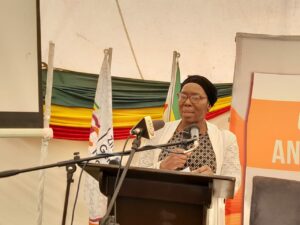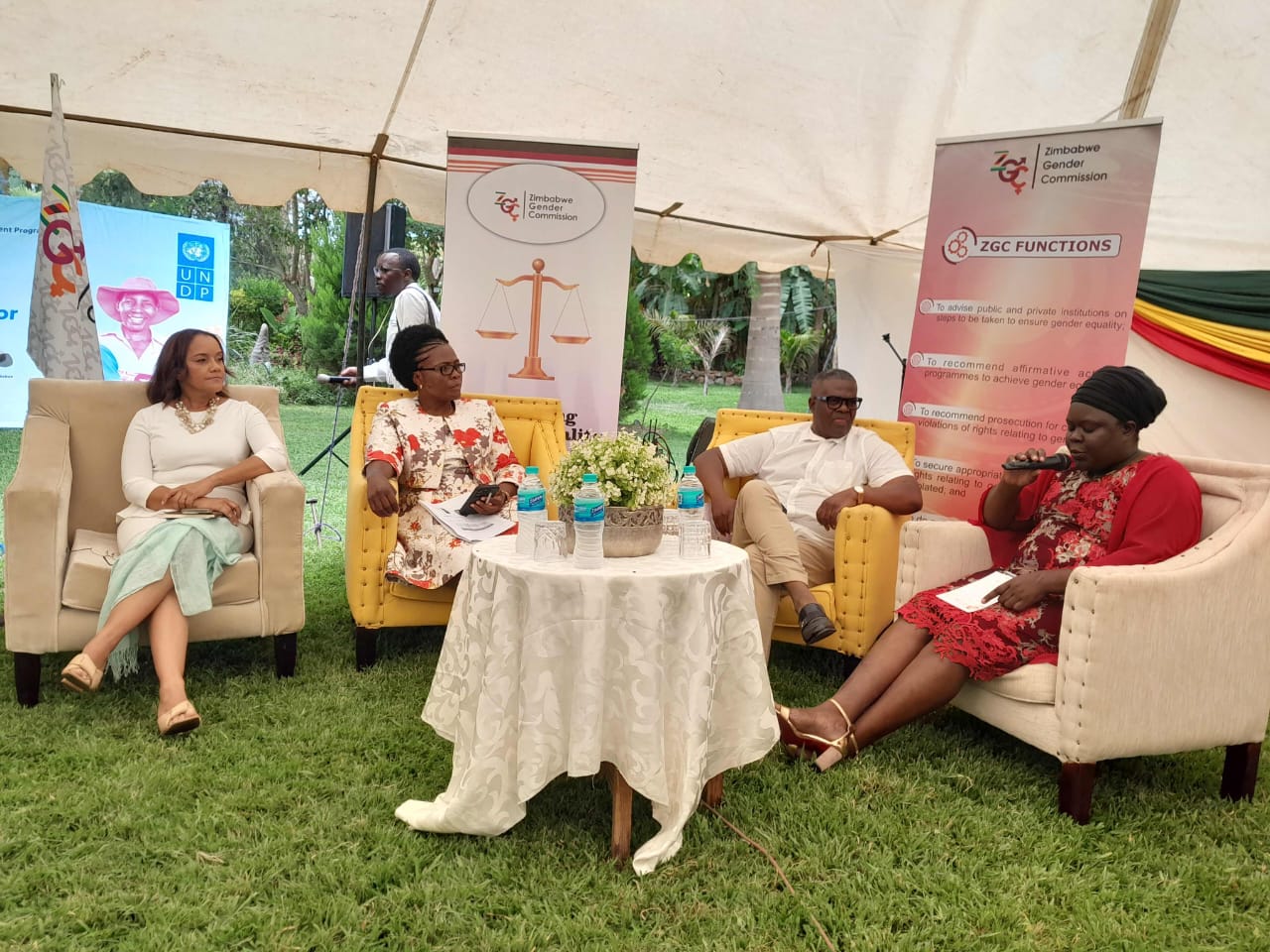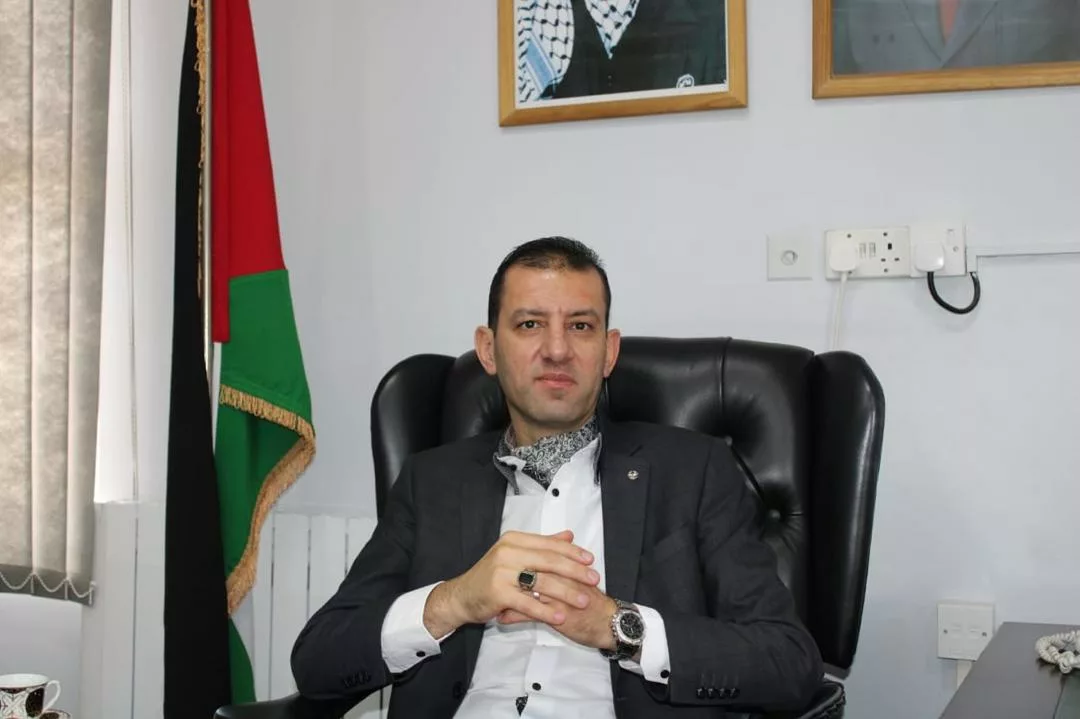|
Getting your Trinity Audio player ready...
|

By Lloyd Rabaya
The Zimbabwean political spectrum has, over the years, been marred by violence by the ruling party, segregation, and intentional obstruction, especially towards women who wish to hold positions of power.
Inside the political parties, in councils, senate, and house of assembly representation of women is very insignificant despite them having the 52% majority population in the country over the males.
From the 2013 elections to 2018, up to the recent 2023 elections, statistics show that the number of women contestants keeps on decreasing not mentioning those that win.
“Women remain underrepresented as leaders and decision makers in the formal structures of governance at both local and national levels,” said Chairperson of ZGC Commissioner Margaret Mukahanana-Sangarwe at the National Gender Forum (NGF) held in Bindura, Mashonaland Central Provincial capital yesterday.
In her report, Mukahanana-Sangarwe also pointed out that at this year’s elections, the NGF host province for this year Mashonaland Central had the lowest number of women elected into parliament, together with Matabeleland South. They had zero.
Only 806 women were on the ballot constituting 14.6% compared to their male counterparts who were 4 700 making up 85.4% of the contestants. For the Presidential post, only one woman, Elisabeth Valerio of UZA managed to contest, running against 11 men.
“Misogyny and sexism also affected women politicians from contesting in the 2023 elections. There is a general dislike for women leadership in this country,” said Labour Economists and African Democrats (LEAD) President Linda Masarira who failed to contest for the election after failing to pay the exorbitant US$20 000 nomination fee using RTGS.
The hefty US$20 000 for presidential candidates, and US$1 000 for Member of Parliament (MP) was viewed as very restrictive by many opposition political players and only 11 managed to contest compared to the previous elections’ 23 presidential candidates.
This hit harder on women candidates who, mostly, in the patriarchal Zimbabwean society, depend on males for most things and, to ask for US$1 000 to run for the MP post could be next to impossible.
Lynette Karenyi-Kore of the Citizens Coalition for Change (CCC) dovetailed with Masarira as she also said with the Titanic ship Zimbabwean economy, it can never be easy for one to raise the US$1 000, especially women.
“Violence on its own also affects women when they want to go for election processes. Coming from a background that you are a mother or a girl child, if you hear that a certain female candidate has been beaten up, you will definitely be affected because we are living with it,” she highlighted.
Valerio, the only woman who managed to run for the presidential post and beating males like Wilson Harry Peter of DOP and Lovemore Madhuku of the NCA highlighted that besides the economic challenges, violence and other challenges, women do not support each other.
In a highly patriarchal country like Zimbabwe, it is difficult for women to climb the leadership ladder in organizations, society, politics and companies, and in politics Valerio said sometimes women pull down each other.
“Women will not support other women, so it goes beyond this social stigma that we have. When you look at the framework within Zimbabwe, you will think that Zimbabwe has a women-friendly environment when it comes to politics, but it’s all on paper,” she said.
Valerio also highlighted how, after having managed to go through the strenuous payment process, she almost failed to contest due to, “intentional obstruction of women.”
Despite all these challenges, the Electoral Act is not aligned with the supreme law of the land, the Constitution, making it difficult to enforce other irregularities within the Zimbabwe political space. The female politicians also urged the Zimbabwe Electoral Commission (ZEC) to reject political parties’ candidate fillings that do not have a 50-50 representation of women and men as a way of trying to achieve gender balance.
Section 17 of the Constitution reads that:” The State must promote the full participation of women in all spheres of Zimbabwean society on the basis of equality with men.”
It also says that the State must take all measures including legislative, so that both genders are equally represented in all institutions and agencies of government at every level.
But until what is on paper is practiced, gender equality remains a fallacy.






